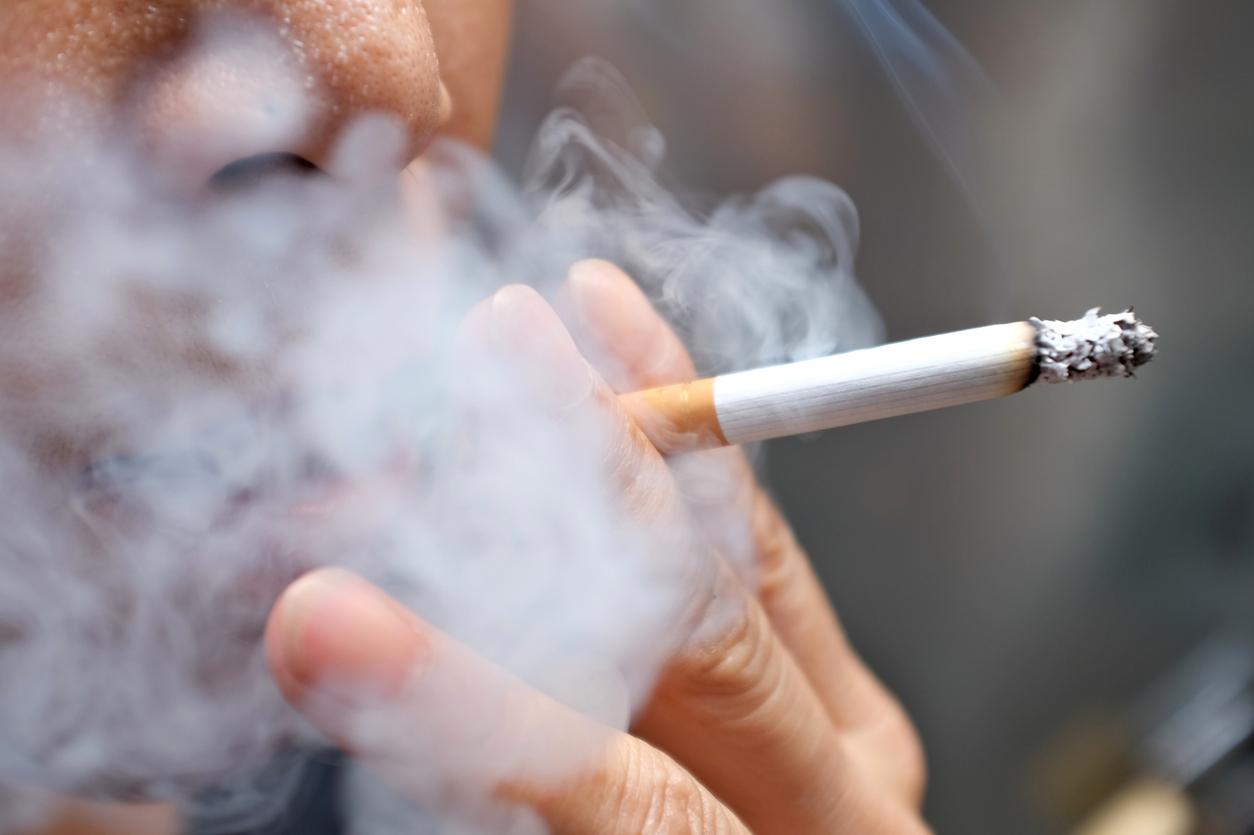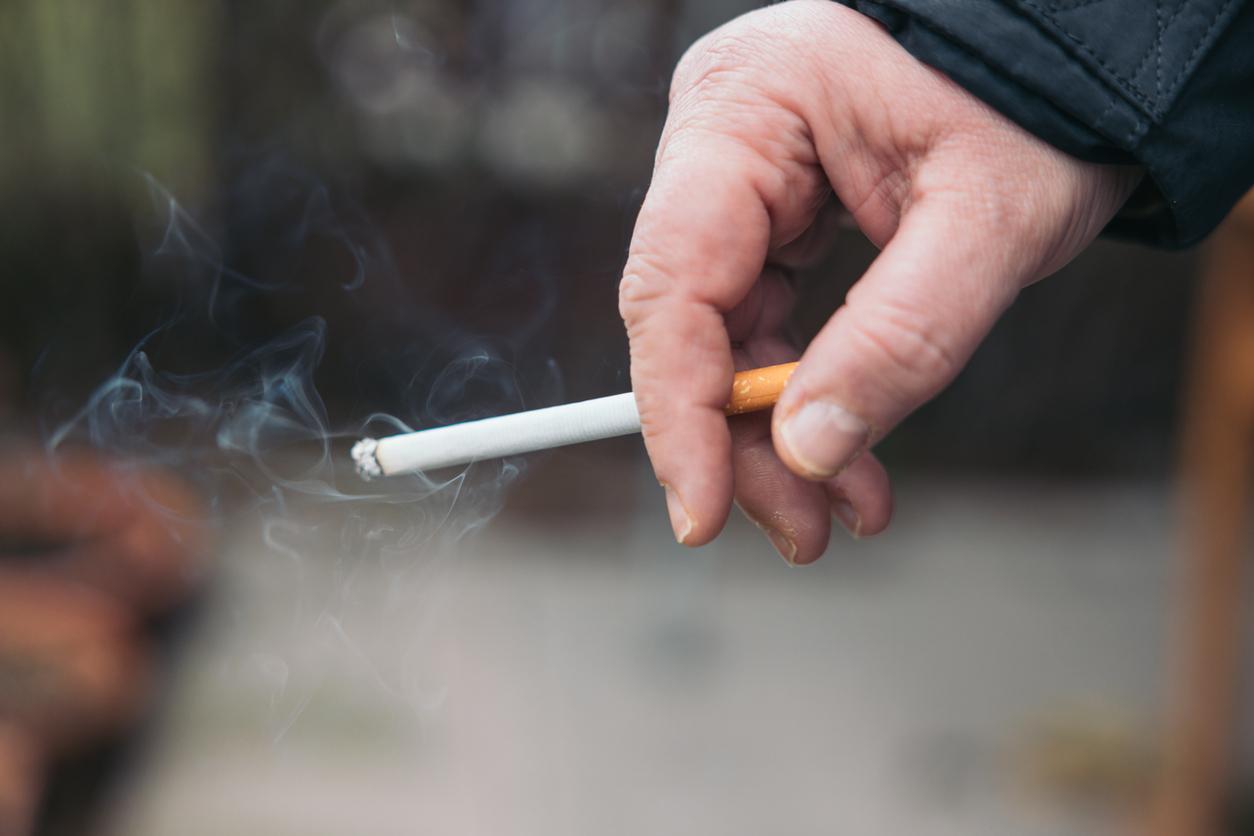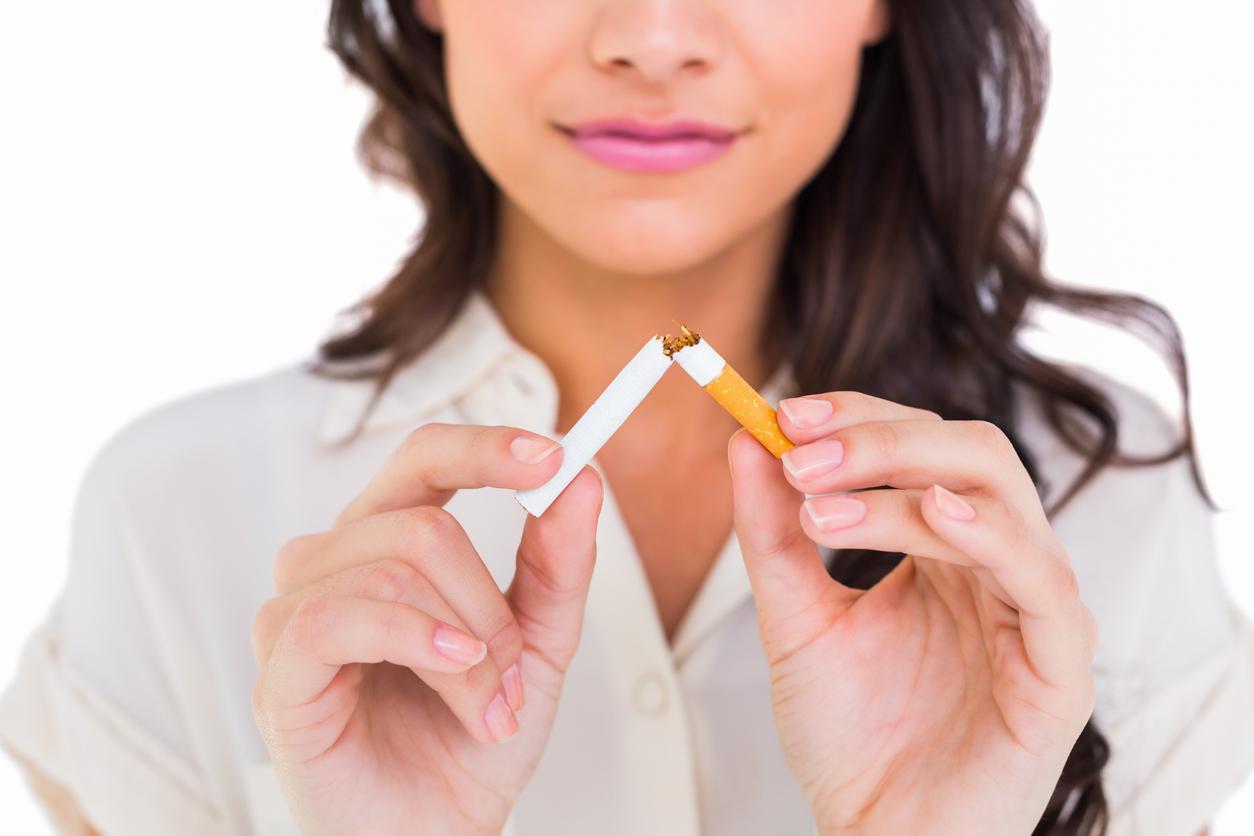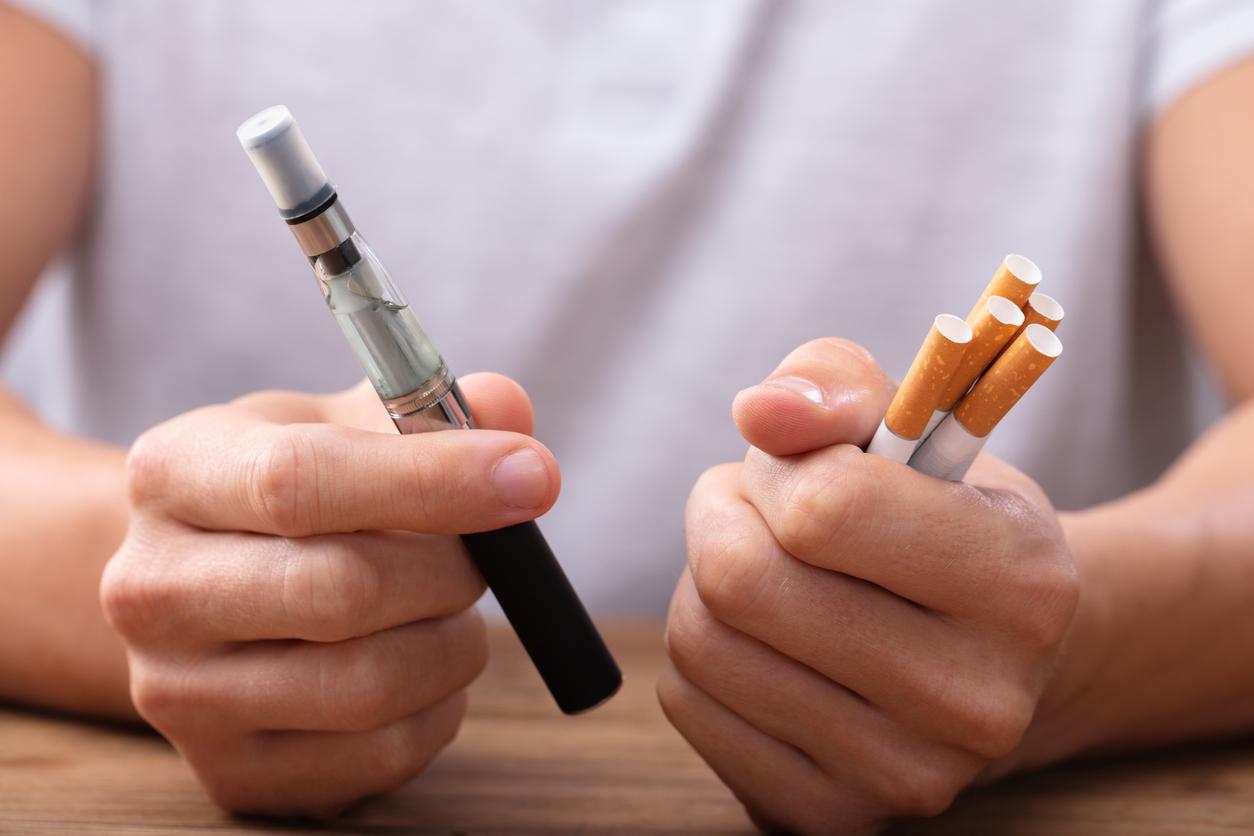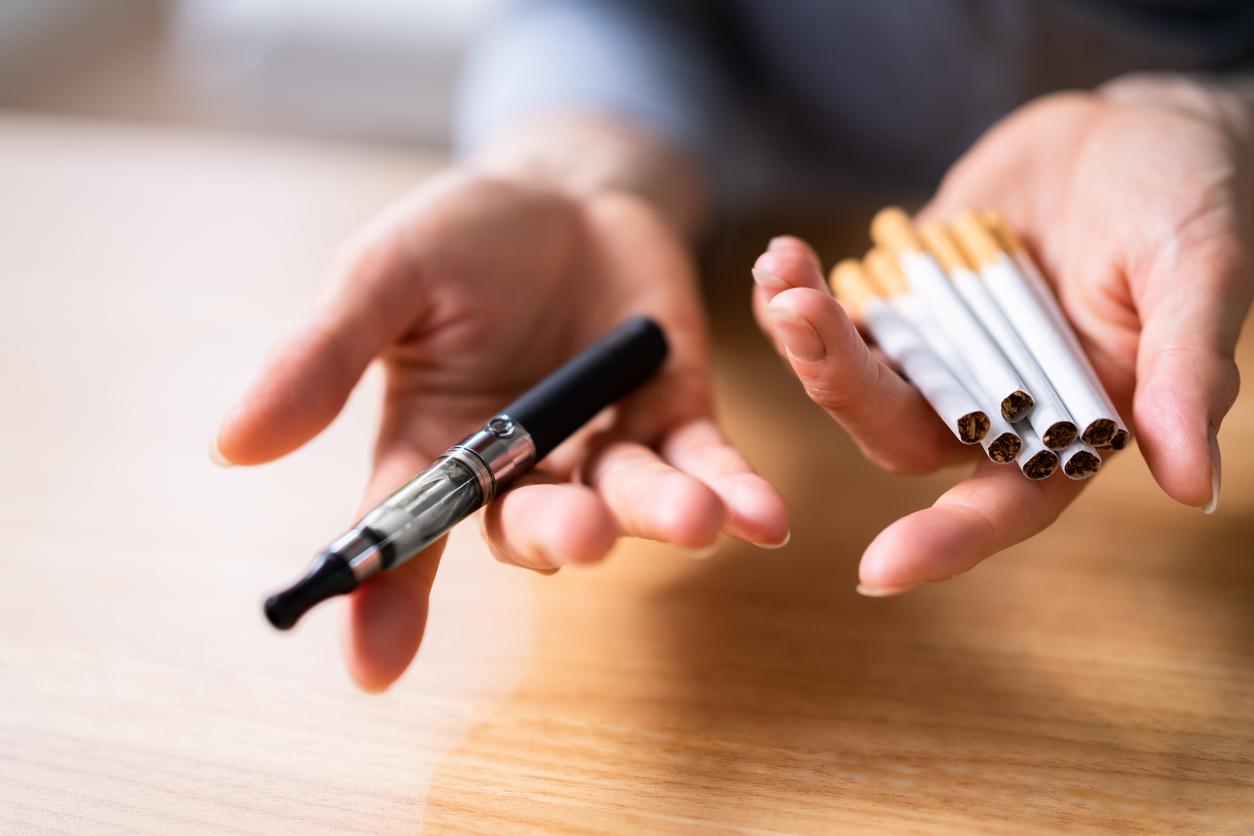INTERVIEW – Claude Evin, author of the eponymous law on alcohol and tobacco, looks back on the anniversary of the text prohibiting smoking in public spaces.
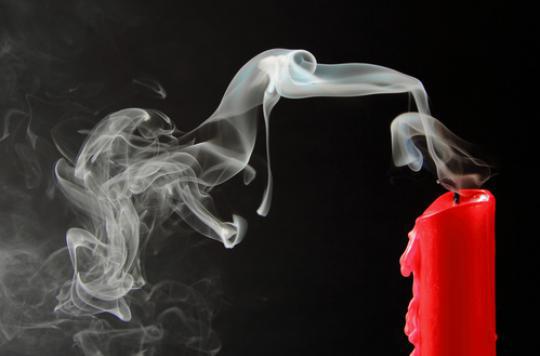
Blow out the candles, put out your cigarettes. This Wednesday, France celebrates the tenth anniversary of an emblematic law, which has changed the daily lives of many people exposed to smoking. Indeed, the 1er February 2007 entered into force one of the decrees of the Evin law, banning cigarettes from places for collective use – public places, businesses, etc.
Ten years later, it seems quite natural to the French not to smoke in these places anymore. But at the time of the passage of the Evin law, in January 1991, it took a certain aplomb to restrain common consumers from the proliferation of tobacco, while cigarettes were displayed everywhere – on the TV sets, in the booths of plane, at the university …
Claude Evin, former Minister of Health at the origin of the law celebrated today, looks back on this legislative epic.
Why did it take 15 years between your law and the implementing decree on places for collective use?
Claude Evin: A first decree of the 1991 law was passed in 1992 by Bernard Kouchner, then Minister of Health. The text provided for a ban in these places (bars, restaurants, etc.) but delimited the smoking areas using a simple easel to put on the tables, which could easily be moved. Therefore, the text did not make it possible to meet the health objective of the law.
I deeply regretted the choice of Bernard Kouchner, whom I interpret as a lack of courage. Yes, when we take measures that curb the interests of some, there is a little pressure … I myself suffered when I legislated on alcohol and tobacco, although those that are wielding laws relating to alcohol are much more important than for tobacco.
In 2006, a parliamentary mission that I chaired resulted in a decree drafted in November, under Xavier Bertrand and entered into force on 1er February 2007. This time, the text reflects the spirit of the 1991 law. It provides for a total ban on smoking in places for collective use, except in specific places which are precisely defined.
Were you the object of criticism when you waged this legislative battle?
Claude Evin: Yes, I have received some criticism, I have been told that I allow myself to interfere with the freedom of behavior of smokers. But in the end, the legislative device on tobacco was never called into question, it was reinforced by the 2006 decree and by these laws which have not been amended, such as the ban on advertising on the tobacco. This is not the case with the alcohol component, which has been called into question several times and even very recently… It is easier to legislate on tobacco than on alcohol, it is undeniable.
But the decree of 2006 (whose birthday we celebrate, editor’s note) is not fully applied and it is undoubtedly necessary to strengthen controls. Bars and restaurants have created strides on the sidewalks. However, in winter, these spaces are covered and closed and should be subject to the ban. This is a violation of the law and a failure to comply with it.
In 1991, France was at the forefront of the fight against smoking… is it still?
Claude Evin: In 1991, France was among the first countries to take these tobacco control measures, but the priorities were very different from those today. The magazine press advertised tobacco indirectly, via derivative products (lighters, matches) or derivative services (Camel Trophy). I remember a few conflicts with the then Budget Minister over Chevignon cigarettes, which bore the mark of a youth jacket.
Today, these conflicts between Health and the Budget still exist, but they are expressed differently. We have a legislative framework that bans tobacco advertising, prohibits smoking in collective spaces and establishes the neutral package. From now on, the only radical measure likely to change behavior is a sudden increase in the price of tobacco, and that is what France must commit to in order to remain a pioneer in the fight against smoking.
.








